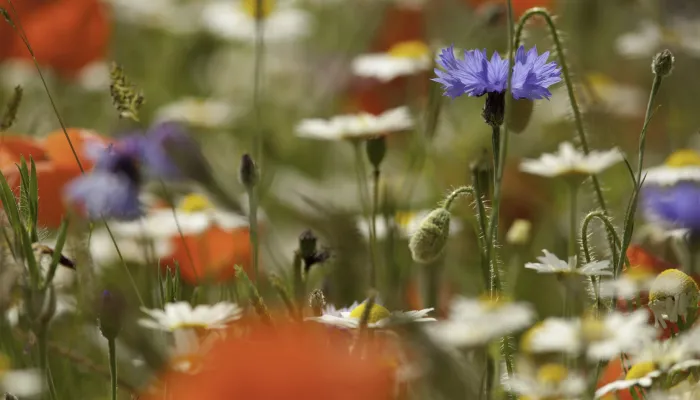Improve your identification skills and deepen your understanding of plant classification using botanical keys
About this event
We will start in the classroom, taking time to study each plant specimen carefully, at the same time as working our way through the keys to their identity. We will work as a group on specimens of the same species at any one time. We will focus especially on relatively simple flowers to help you gain confidence for working on your own. Weather permitting, we will spend some time working outside in Tyland Barn Nature Park. We will work together or in pairs (but always under supervision) on the identity of selected species.
Many of the key identification features are also the features that botanists use to classify plants into look-alike groups. This course will encourage you to appreciate the key characteristics of some of these look-alike groups – notably some commonly represented ‘families’ (and ‘genera’). Recognising such characteristics provides short cuts in the process of using botanical keys.
This course is designed to give you more confidence at identifying flowering plants accurately using botanical keys. In doing so, it will also give you a better understanding of an increasingly wider range of botanical terms and flowering plant classification.
By the end of the course it is expected that you will have gained:
- A working knowledge of relevant botanical terms
- A deeper insight into flowering plant classification
- Confidence and effectiveness in using scientific keys to Identification, notably of the flowering plants
Led by Ros Bennett, Botanist and Ecologist. Ros has written books on plants and habitats and has been teaching courses on identification and ecology for many years.
Suitable for improvers who might be familiar with several plant species and who have some basic knowledge of floral structure and terminology, but who lack confidence and or experience in using scientific keys to identification. This course follows on from our Introduction to Wildflowers Study Day on 20 June 2025
-
Accessible toilet
-
Parking
MORE INFORMATION
What to bring
Notebook and pen
suitable outdoor clothing
packed lunch and something to drink.
Nothing else is essential but if you have any of the following please bring them too:
- Hand lens (x 10 Magnification)
- The Wild Flower Key by Rose and O’Reilly (Warne)
- New Flora of the British Isles by Stace (CUP ideally 4th edit) Recommended
- Collins Flower Guide by Streeter (Collins ideally 2nd Edition 2016) Recommended
- Any other plant Identification books that you may have
NB Hand lenses may be borrowed or purchased (c.£8.50) during the course. and there will also be copies of Rose’s Wild Flower Key available to borrow and a few copies of the second edition of Stace.
There is now an independent café in the Barn which is usually open on Saturdays so you may be able purchase additional refreshments there.
Tyland Barn is a wheelchair accessible site, including areas of the wildlife garden, which is fairly
flat and has some hard surfaced paths.
Walking distances will be very short and the pace will be gentle.

